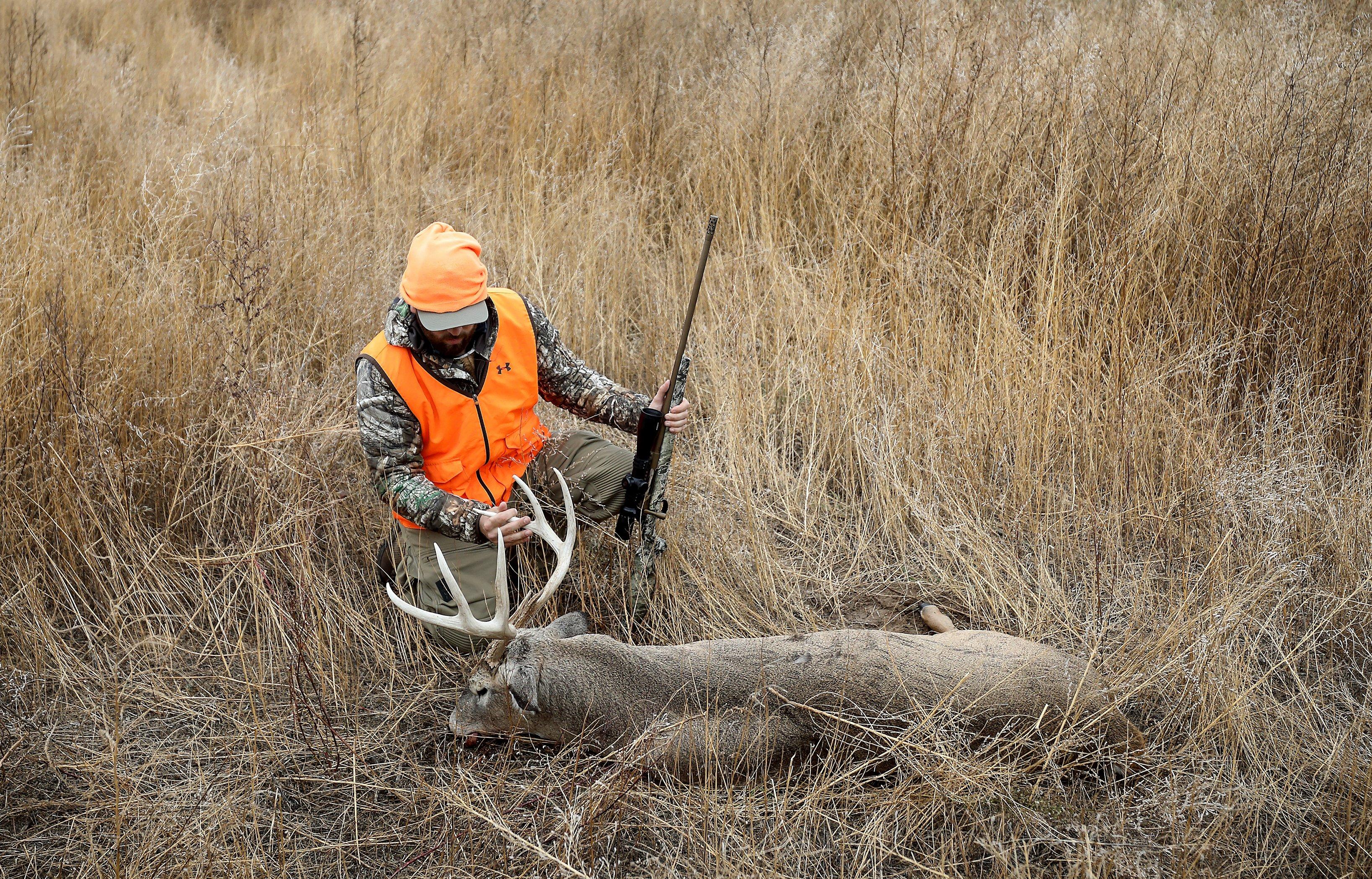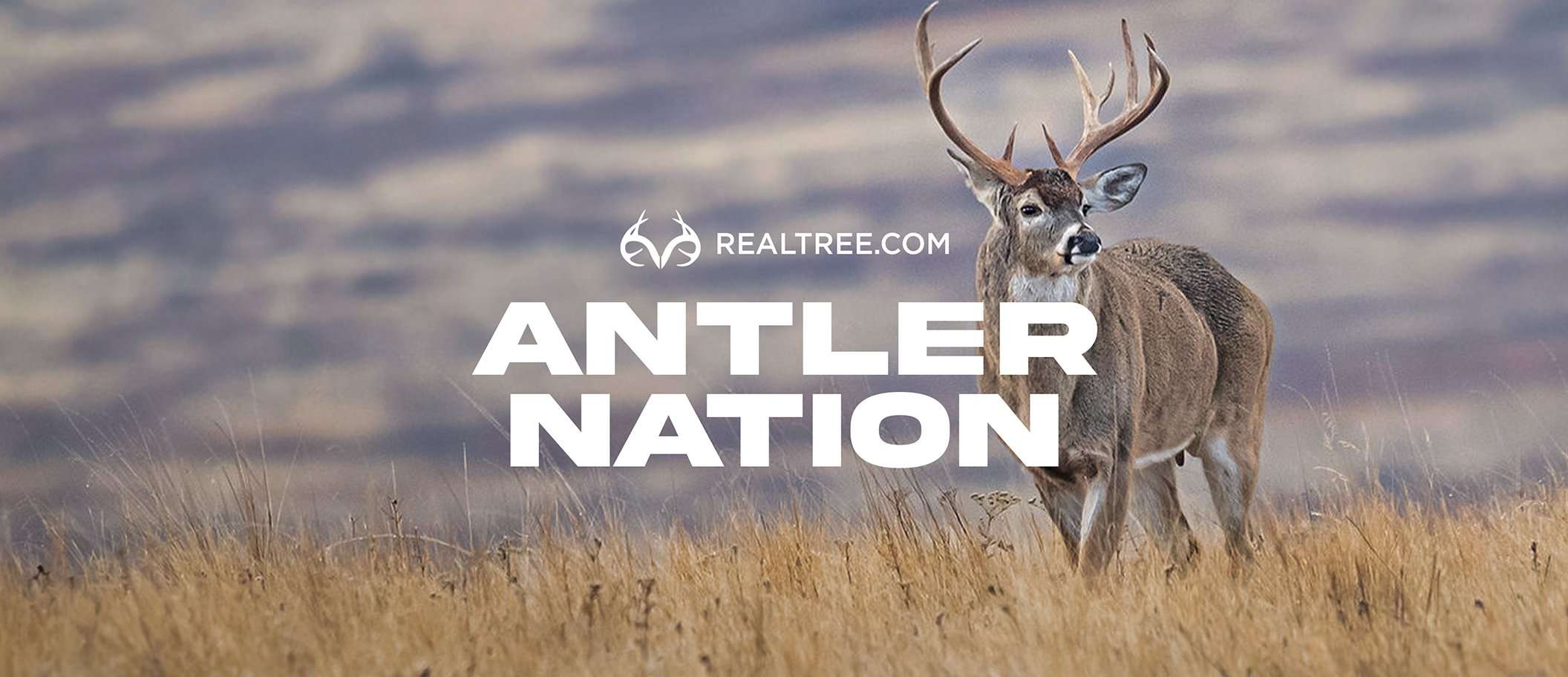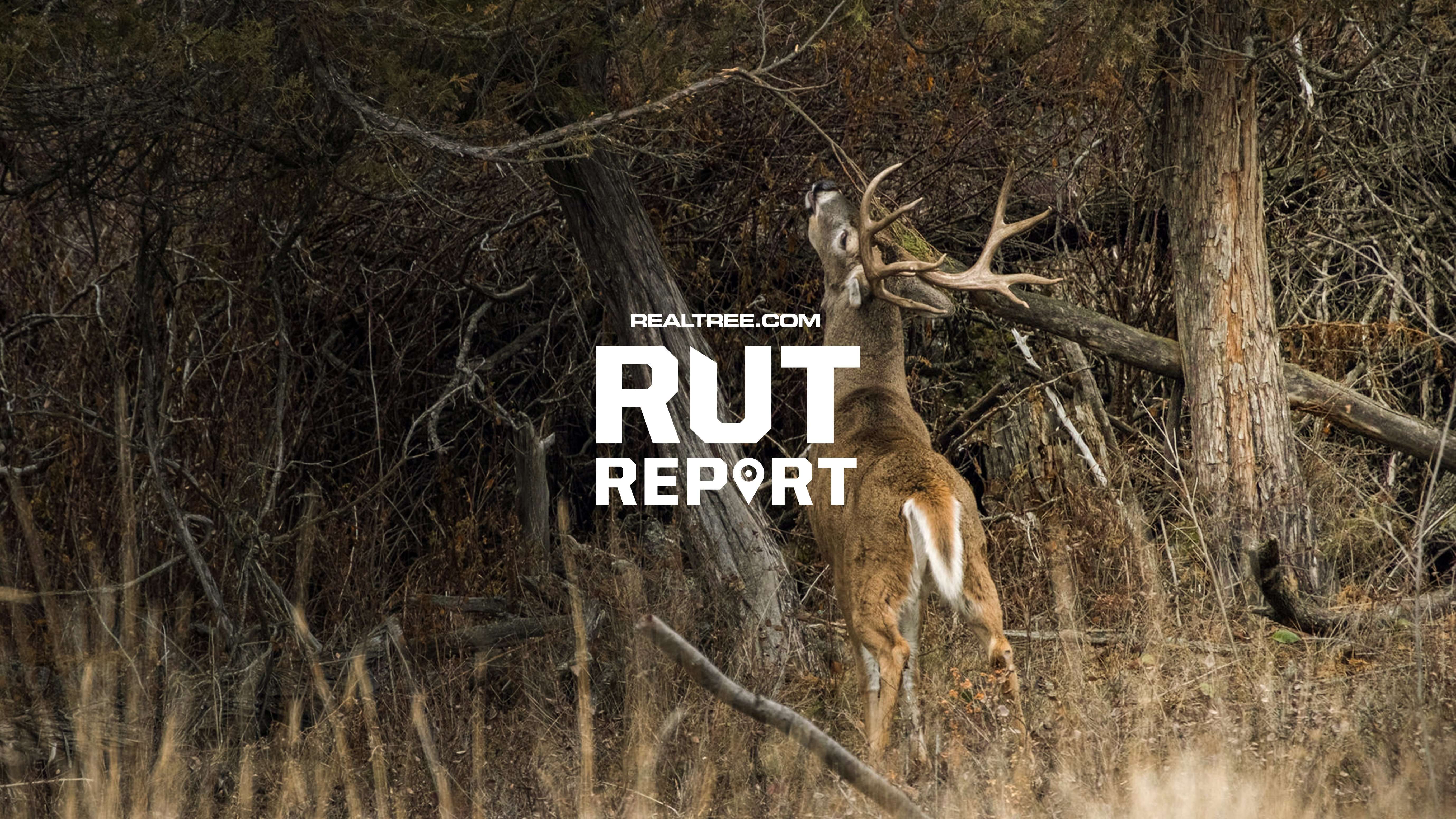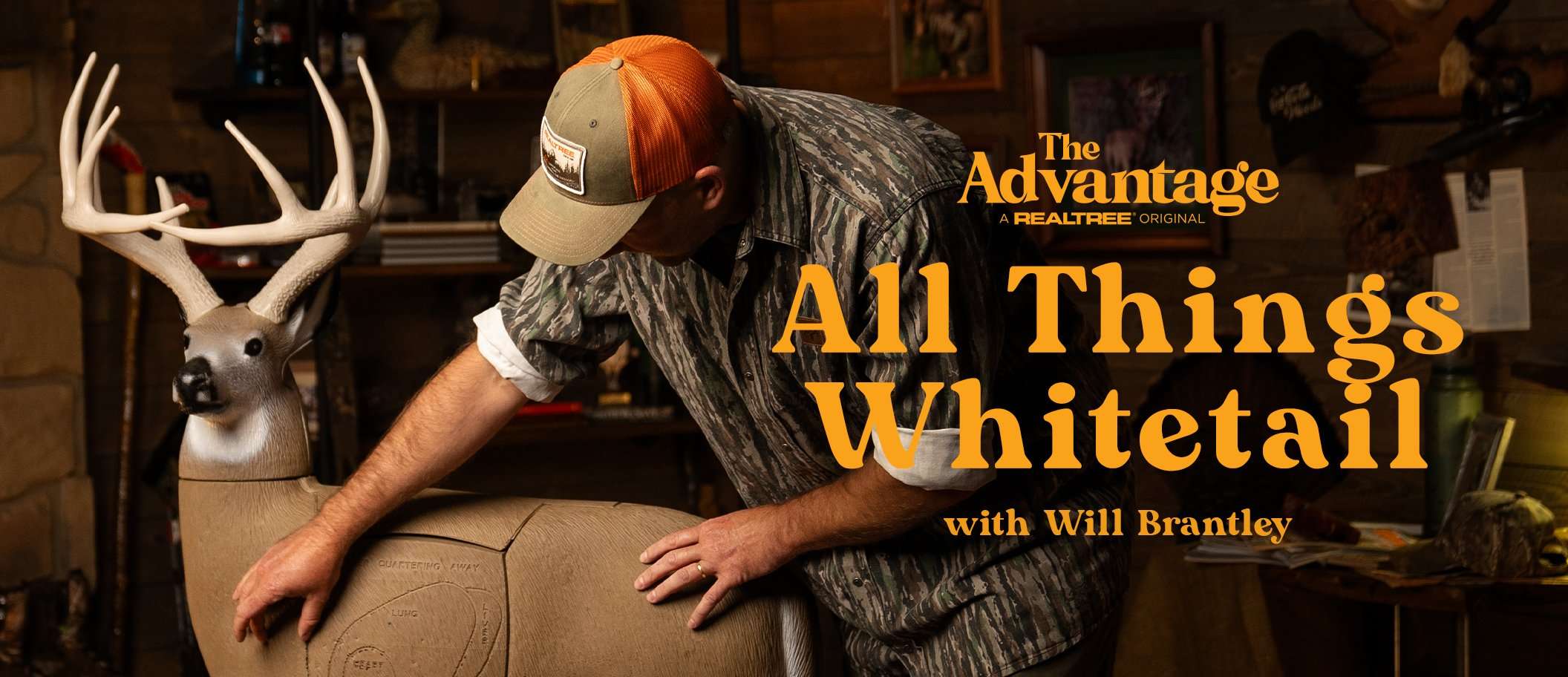Those who purchase non-lead ammo and participate in surveys are eligible for a rebate of up to $60

New York hunters who purchase lead-free ammo can qualify for a rebate of up to $60. (Photo by Realtree)
The New York Department of Environmental Conservation (DEC) is reinforcing its efforts to promote the use of non-lead ammo among deer hunters by promoting a rebate program eligible to those who purchase non-lead ammunition.
In recent years, DEC and its partners have created a rebate program to help protect wildlife such as bald eagles, bobcats, and other animals that may scavenge gut piles or carcasses left behind by hunters and ingest the lead ammo.
According to Adirondack Explorer, hunters statewide who purchase non-lead ammunition and participate in both pre- and post-hunt surveys are eligible for a rebate up to $60. The rebate is good for the upcoming hunting season and is expected to continue for the next couple of years. The Conservation Science Global, a conservation-minded nonprofit, funds and administers the rebate.
DEC wildlife biologists and the National Deer Association recently hosted a webinar on the subject.
According to DEC’s Big Game Unit Leader Jeremy Hurst, the agency is invested in the issue of understanding the impacts of lead on wildlife for more than a decade.
Hurst says animals that ingest lead can suffer damage to their liver, kidneys, the nervous systems, and reproductive systems.
“Even at really low levels, lead can impair an animal’s behavior, reducing its ability to find food well and can impair growth,” he said. “So, all these implications are detrimental to wildlife that are beyond our target animal.”
The agency is studying the issue and working with the state Department of Health, Audubon Society, New York State Conservation Council, Cornell University, and Venison Donation Coalition to educate hunters on the topic.
“What we’re trying to do, as an agency, is educate you about that choice, recognizing that it’s not just simple ballistics but there are ramifications for your choice,” Hurst said, “and if you choose to use lead ammunition, that has a consequence to other animals besides deer that you harvest.”
Hunters interested in finding out about the program and learning more about purchasing non-lead ammunition can do so on the Hunters for Eagle Conservation website.
Matt Ross, NDA’s senior conservation director, said his organization has opposed legislative efforts to ban lead ammunition, but has supported voluntary incentive-based programs such as this one.
“As an organization, we don’t want to villainize anybody that chooses lead ammunition,” he said. “This is just an option for deer hunters, and we want to learn a little bit more about the research behind that option and the alternatives that folks have.”












